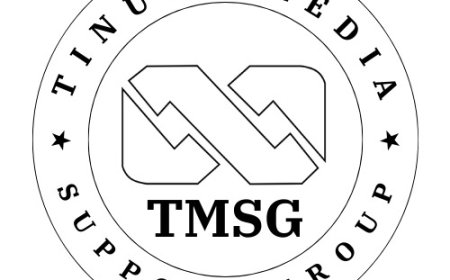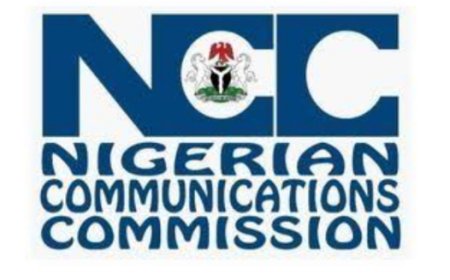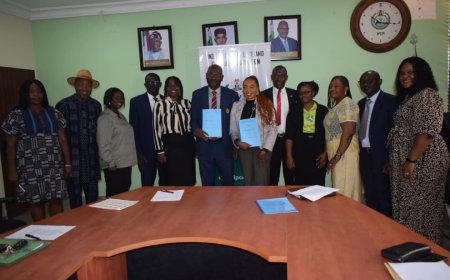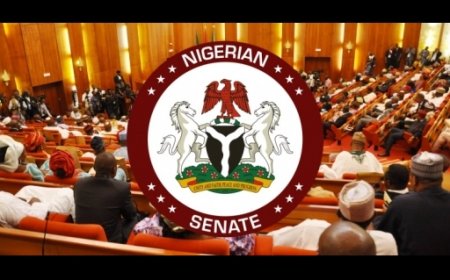Senator Ekpenyong Jnr led the debate on Factoring Regulation Bill, 2024 (SB.474) at the floor of the Senate
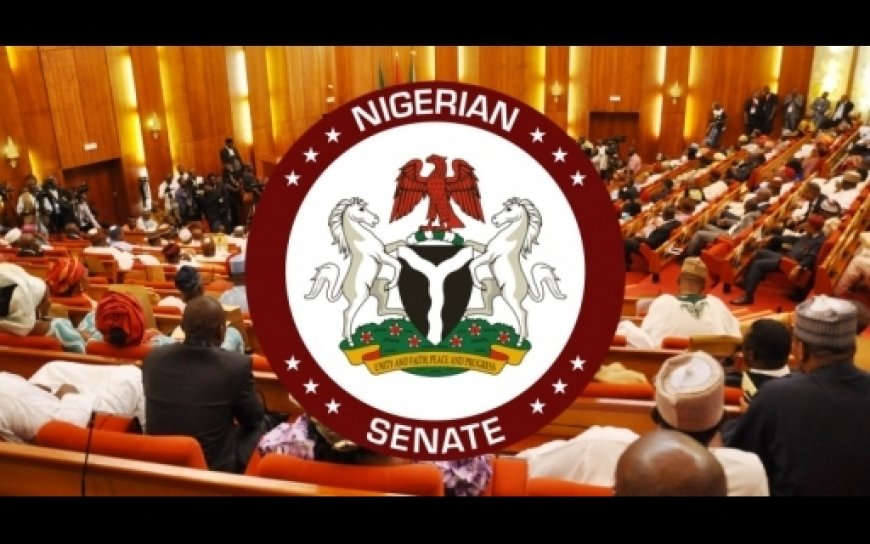
Senator Ekpenyong Jnr led the debate on Factoring Regulation Bill, 2024 (SB.474) at the floor of the Senate
Recently, the Nigerian Senate took a decisive step toward strengthening Nigeria’s micro, small and medium enterprises (MSMEs) as Senator Asuquo Ekpenyong Jnr (Cross River South) led the debate on the Factoring Regulation Bill, 2024 (SB.474), which seeks to establish a legal and regulatory framework for factoring as a financial service in Nigeria.
Speaking with the journalists , Senator Ekpenyong described the proposed legislation as “a structural reform that converts invoices MSMEs already hold into usable capital.” He noted that the Bill, which was first read on June 11, 2024, directly addresses “one of the most persistent challenges faced by small businesses, delayed payments.”
He said factoring offers a tested financial mechanism that enables businesses to sell verified invoices to licensed finance companies or banks known as factors for immediate cash payment, often up to 90 percent of the invoice value. This, he said, would free small businesses from the “vicious cycle of weak cash flow” that currently undermines their growth and competitiveness.
“Across the country, MSMEs deliver goods or services, issue invoices, and then wait thirty, sixty, or sometimes ninety days before receiving payment,” Ekpenyong lamented. “In the meantime, they struggle to pay workers, purchase raw materials, or accept new orders. This cycle not only traps small businesses but also slows down our economy’s overall growth.”
Emphasizing the central role of MSMEs in the national economy, the senator reminded colleagues that over 40 million such enterprises provide the bulk of jobs and contribute significantly to Nigeria’s output. Yet, he said, many remain locked out of affordable credit due to lack of collateral demanded by traditional bank lending.
The Bill, Ekpenyong explained, seeks to bring factoring under the regulatory oversight of the Securities and Exchange Commission (SEC), ensuring transparency, investor protection, and market confidence. It also provides for the licensing and supervision of finance companies engaged in factoring, as well as the legal enforceability of invoice transfers to prevent disputes.
“Given that invoice factoring constitutes a financial service and involves the trading of receivables as financial assets,” he stated, “it falls naturally within the regulatory purview of the Securities and Exchange Commission, whose mandate is to protect investors, ensure market integrity, and foster confidence in Nigeria’s financial markets.”
Senator Ekpenyong highlighted that the Bill aligns with ongoing digital reforms such as e-invoicing and receivables registries, which enhance verification and reduce fraud. He added that it also encourages large corporations and government agencies to support supplier-financing programs that allow MSMEs to access early payments at lower costs.
What's Your Reaction?
 Like
0
Like
0
 Dislike
0
Dislike
0
 Love
0
Love
0
 Funny
0
Funny
0
 Angry
0
Angry
0
 Sad
0
Sad
0
 Wow
0
Wow
0







